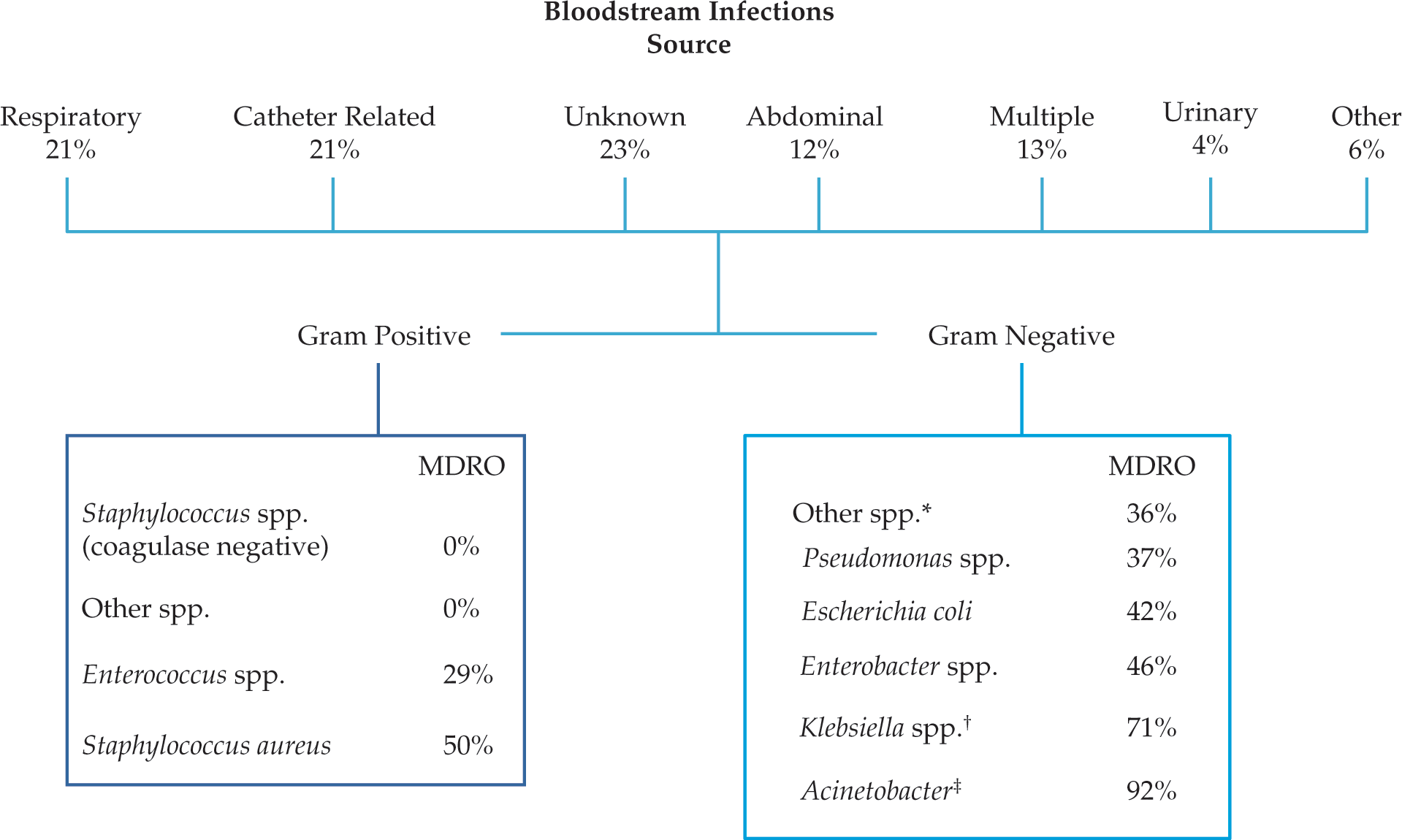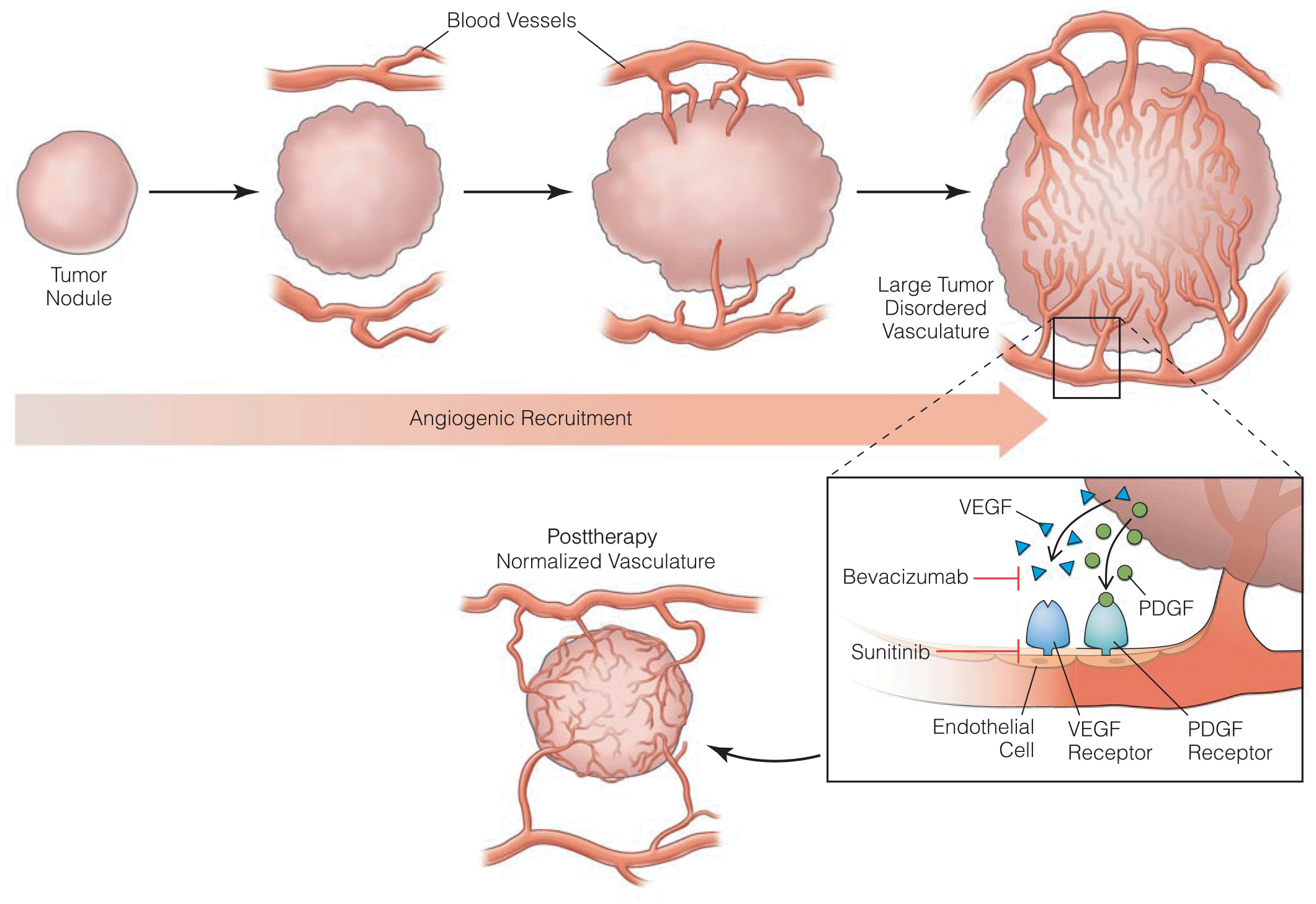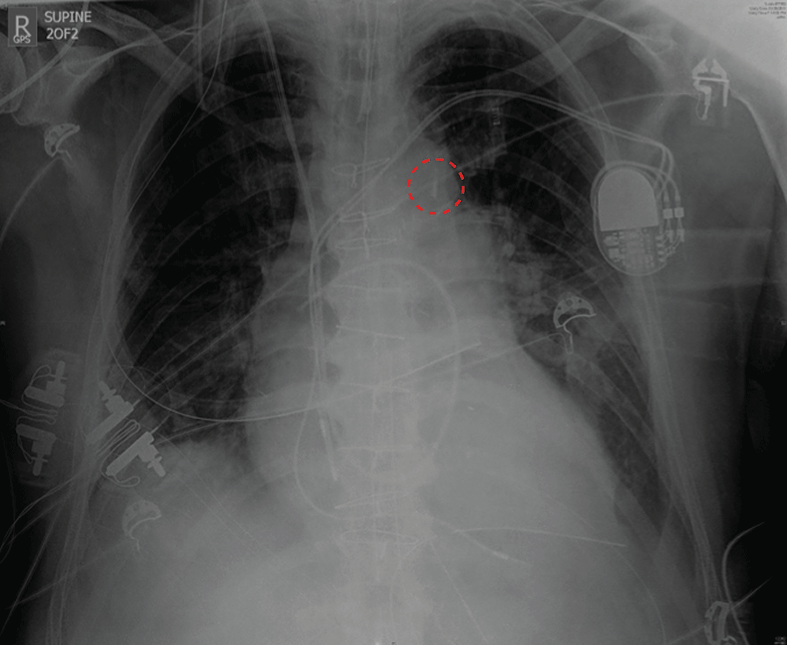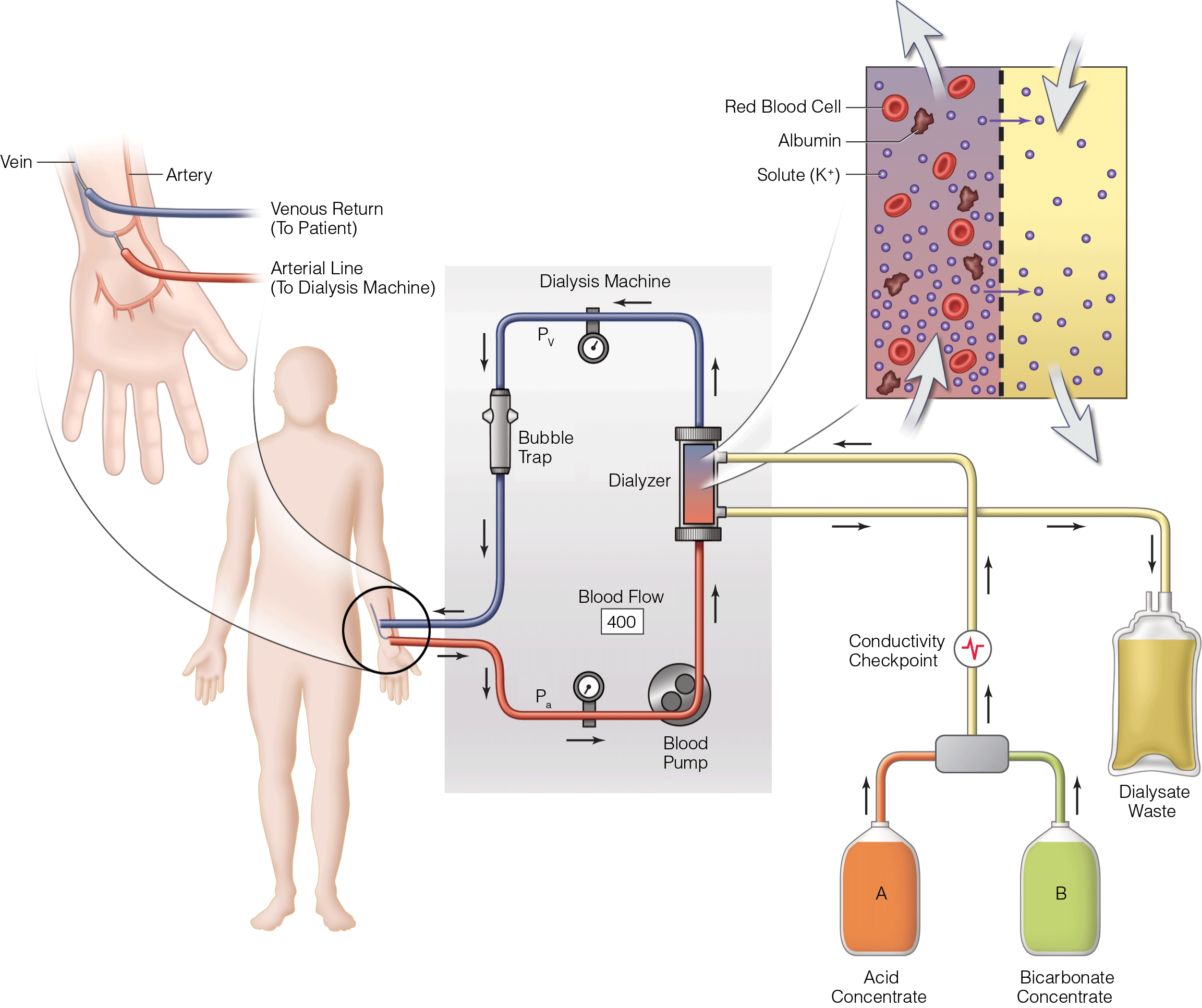- The resistance by extended-spectrum β-lactamases (ESBLs) is mediated by plasmids that spread microbial resistance across bacterial species and confer additional resistance to fourth-generation cephalosporins.
- Current guidelines from the IDSA provide a comprehensive approach for the clinician evaluating and managing a bacteremic patient with short-term venous catheters, arterial catheters, long-term central venous catheters, or ports, taking into consideration the patient’s clinical status and the organism recovered.
- Vancomycin is the first-line antibiotic for MRSA pneumonia; however, adequate dosing, monitored by drug levels, is required to ensure both efficacy and safety, especially in patients with renal insufficiency. Linezolid, although not superior to vancomycin, may be preferable for patients with renal insufficiency.
Latest Updates


- The resistance by extended-spectrum β-lactamases (ESBLs) is mediated by plasmids that spread microbial resistance across bacterial species and confer additional resistance to fourth-generation cephalosporins.
- Current guidelines from the IDSA provide a comprehensive approach for the clinician evaluating and managing a bacteremic patient with short-term venous catheters, arterial catheters, long-term central venous catheters, or ports, taking into consideration the patient’s clinical status and the organism recovered.
- Vancomycin is the first-line antibiotic for MRSA pneumonia; however, adequate dosing, monitored by drug levels, is required to ensure both efficacy and safety, especially in patients with renal insufficiency. Linezolid, although not superior to vancomycin, may be preferable for patients with renal insufficiency.

- Until recently, it was thought that chromosomal translocations are very uncommon in carcinomas occurring in adults. However, a series of studies have now demonstrated that the majority of prostate carcinomas harbor translocations between genes encoding one of two ETS-related transcription factors, ERG or ETV1, and the androgen-regulated gene TMPRSS2.
- Exposure to ionizing radiation is another cause of cancer linked directly to genetic damage. The incidence of leukemias and various solid tumors in atomic bomb survivors provided data for classic studies of radiation dosage and its consequences. More recent data derive from cancer cases arising as a late complication of radiation therapy or radiomimetic chemotherapy used for treatment of an initial malignancy.
- In addition to general metastasis promoters, recent studies have begun to uncover factors that mediate metastasis to specific organs such as lung and bone. A critical property required for the growth of cancers beyond a minimal size is the recruitment of blood vessel.

- Intra-aortic balloon counterpulsation in cardiac surgery
- Short-term percutaneous and surgically placed devices for circulatory support
- Long-term continuous-flow left ventricular assist devices in the treatment of chronic heart failure
- Extracorporeal membrane oxygenation (ECMO) for the treatment of acute heart failure and cardiogenic shock
- ECMO applications in the setting of advanced cardiac life support, or extracorporeal life support

- Intra-aortic balloon counterpulsation in cardiac surgery
- Short-term percutaneous and surgically placed devices for circulatory support
- Long-term continuous-flow left ventricular assist devices in the treatment of chronic heart failure
- Extracorporeal membrane oxygenation (ECMO) for the treatment of acute heart failure and cardiogenic shock
- ECMO applications in the setting of advanced cardiac life support, or extracorporeal life support

Acute Kidney Injury in Critically Ill Patients
- Sepsis as a prevalent syndrome and precipitant for AKI in the surgical ICU population
- Biomarkers as tool to facilitate early diagnosis of AKI
- AKI severity and duration as determinants of poor long-term outcome
- AKI severity as stratification tool for those that may benefit from closer monitoring

- Intra-aortic balloon counterpulsation in cardiac surgery
- Short-term percutaneous and surgically placed devices for circulatory support
- Long-term continuous-flow left ventricular assist devices in the treatment of chronic heart failure
- Extracorporeal membrane oxygenation (ECMO) for the treatment of acute heart failure and cardiogenic shock
- ECMO applications in the setting of advanced cardiac life support, or extracorporeal life support

Acute Kidney Injury in Critically Ill Patients
- Sepsis as a prevalent syndrome and precipitant for AKI in the surgical ICU population
- Biomarkers as tool to facilitate early diagnosis of AKI
- AKI severity and duration as determinants of poor long-term outcome
- AKI severity as stratification tool for those that may benefit from closer monitoring


.png)







